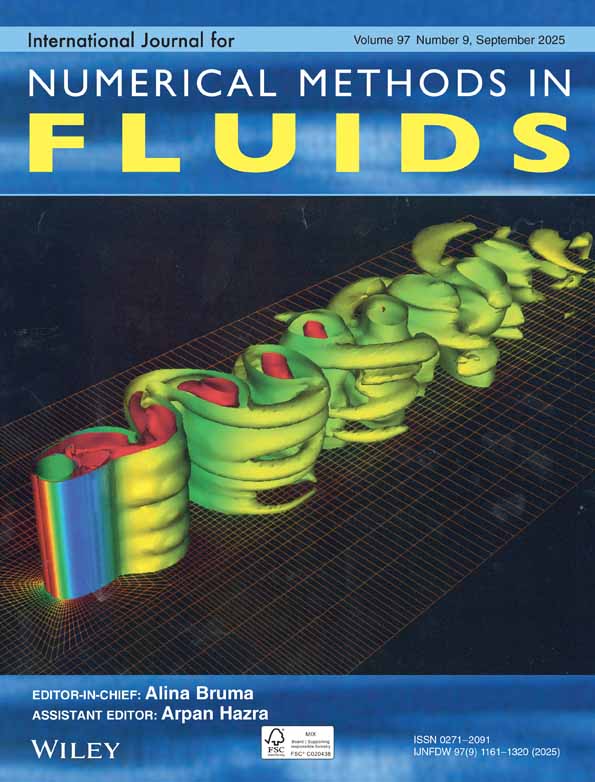Comparison of variants of the bi-conjugate gradient method for compressible Navier-Stokes solver with second-moment closure
Abstract
Variants of the bi-conjugate gradient (Bi-CG) method are used to resolve the problem of slow convergence in CFD when it is applied to complex flow field simulation using higher-order turbulence models. In this study the Navier-Stokes and Reynolds stress transport equations are discretized with an implicit, total variation diminishing (TVD), finite volume formulation. The preconditioning technique of incomplete lower-upper (ILU) factorization is incorporated into the conjugate gradient square (CGS), bi-conjugate gradient stable (Bi-CGSTAB) and transpose-free quasi-minimal residual (TFQMR) algorithms to accelerate convergence of the overall itertive methods. Computations have been carried out for separated flow fields over transonic bumps, supersonic bases and supersonic compression corners. By comparisons of the convergence rate with each other and with the conventional approximate factorization (AF) method it is shown that the Bi-CGSTAB method gives the most efficient convergence rate among these methods and can speed up the CPU time by a factor of 2·4–6·5 as compared with the AF method. Moreover, the AF method may yield somewhat different results from variants of the Bi-CG method owing to the factorization error which introduces a higher level of convergence criterion.




